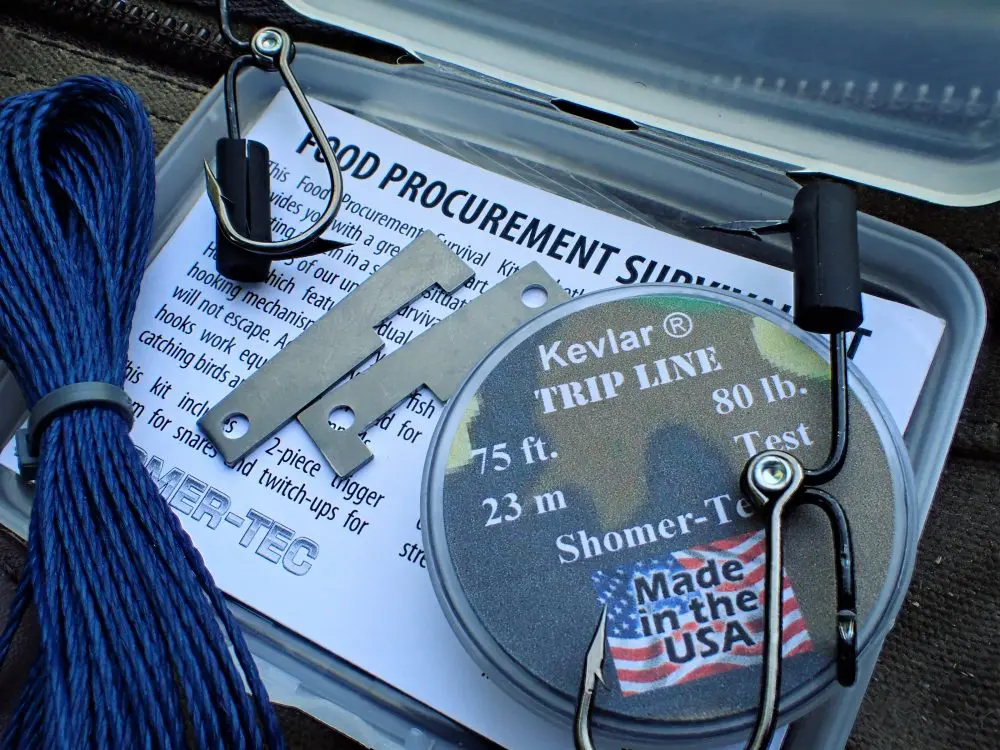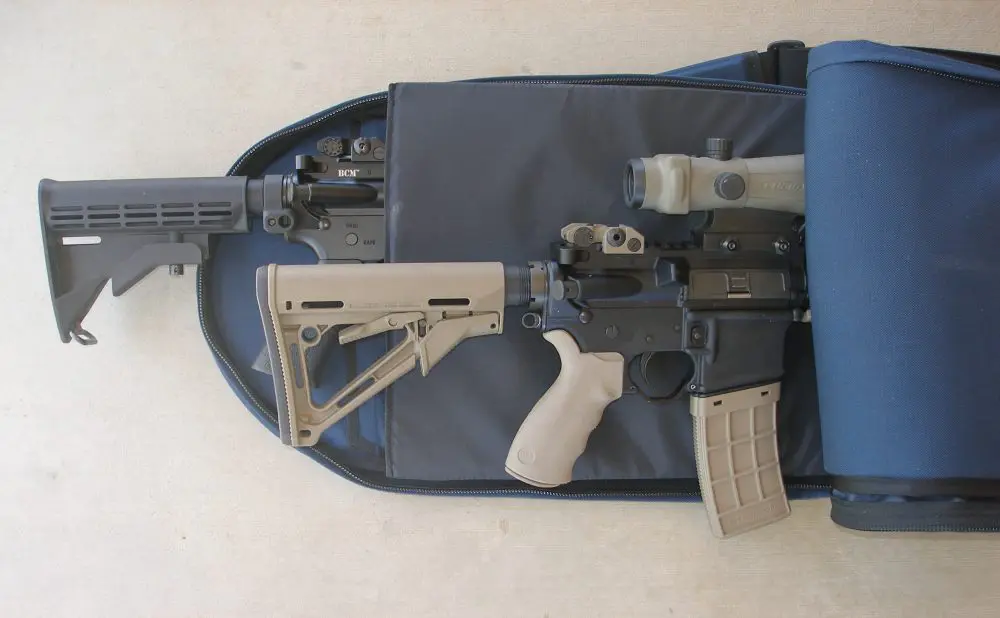Even before an evil bigot slaughtered 50 Muslim worshippers in New Zealand, encouraging strident calls to dramatically restrict guns here (as if that would have made any difference), gun ban zealots in the U.S. have been becoming more extremist by the day.
When Representative Eric Swalwell (D-CA)—who is running for President in 2020—announced several months ago his support for banning not only the civilian manufacture and sale of so-called “assault weapons” but also their mass confiscation even from legal owners, that position seemed an outlier, at least among the publicly stated goals of those holding elected federal office.
But now, when Presidential candidate, former U.S. Representative, and unsuccessful U.S. Senate candidate Beto O’Rourke (D-TX) announced his support for an AWB but generously allowed that current owners could keep them, he was criticized for not being sufficiently aggressive with the forcible citizen disarmament agenda. At least, no one seems to have attacked him for failing to repeat Swalwell’s threat to use America’s nuclear arsenal against those who would actively resist enforcement of the ban.
In a span of mere months, what had been an almost unthinkably extreme position has become something almost resembling “normal” (by the standards of gun ban zealots). But at some point, even the most delusional extremists run headlong into the reality that such measures can hardly fail to run afoul of the Second Amendment’s “shall not be infringed.”
For all the strenuous gyrations of logic they subject themselves to in defense of their claims that this or that infringement of the right to keep and bear arms is not really an infringement, they can’t claim that forcibly confiscating millions of the most popular rifles in America is not an infringement of the people’s right to keep and bear arms.
This comes in the wake of the Supreme Court’s Heller decision, which recognized the Second Amendment as protecting an individual right to keep and bear arms, and the subsequent McDonald decision, in which the right was found to be sufficiently fundamental as to deserve being incorporated against infringement by state and local governments, as well as the federal government.
At that point, there’s nothing but that the Second Amendment has to go. Part of the Bill of Rights, or not, when it stands in the way of such a cherished item on their agenda, they cannot tolerate the continued Constitutional protection of that right.
Some state legislators in Hawaii have decided to get the ball rolling, with Hawaii Senate Concurrent Resolution 42, “Urging the United States Congress to propose and adopt a proposed amendment to the United States Constitution pursuant to Article V of the United States Constitution to clarify the Constitutional right to bear arms” and asserting that “WHEREAS, in light of the numerous tragic mass shootings at schools, work places, and public events, this body believes that it is necessary to repeal or amend the Second Amendment of the United States Constitution.”
If this were to pass in Hawaii, it would then be sent to the United States House of Representatives and the U.S. Senate, among others.
Now granted, even in anti-gun stronghold Hawaii, this resolution is probably going to be a hard sell, and if it passes, the chances of it leading to any actual change in the U.S. Constitution are far closer to “none” than to “slim.” And we will save for another time a discussion about the point that the fundamental right to keep and bear arms is not dependent on the Constitution or any other document, and would thus still exist even were the Second Amendment to be repealed. Still, that they would even make the effort is instructive with regard to their thinking.
Specifically, the resolution makes four separate references to the Supreme Court’s Miller decision in 1939 (one of the very few cases and until Heller the most recent case in which the Supreme Court heard a challenge to a gun law on Second Amendment grounds). The Court found that the Second Amendment posed no Constitutional barrier to the National Firearm Act’s tight restriction of short-barreled shotguns because supposedly the court could not conclude that “a shotgun having a barrel less than 18 inches long has today any reasonable relation to the preservation or efficiency of a well-regulated militia.”
This, gun control advocates have argued ever since, supports their preferred “collective rights” interpretation of the Second Amendment, by which the Amendment does nothing to protect an individual’s right to keep and bear arms.
That, by the way, is not a universally accepted interpretation of the Miller ruling. Some argue that by focusing on the specific nature of the short-barreled shotgun itself, the Court was asserting not that individuals have no Constitutionally protected right to keep and bear arms, but merely that such weapons have no real militia utility.
This is incorrect, but none of the justices at that time had any military experience, thus perhaps none were aware of the fact that such arms have served the U.S. military in every war before then (and since).
In fact, the U.S. government’s attorneys argued that the Second Amendment only protects possession of “military-type weapons appropriate for use in an organized militia,” and that the sawed-off double-barreled shotgun in question did not qualify. Yes, the government argued that the NFA did not violate the Second Amendment specifically because that amendment only protects “weapons of war,” as gun ban zealots so love to call the guns they want to ban, when “assault weapons” doesn’t sound sufficiently scary. You don’t often hear that from gun ban zealots, do you?
What you will also not hear from them, but is nonetheless true, is that the Miller case was decided completely without any arguments from the defense counsel. Miller himself was a small-time bank robber who had ratted out the rest of his gang and would certainly have been killed if he had come out of hiding to attend the Court (as it happens, he apparently didn’t hide well enough, because he was shot to death anyway).
The defense, not having been paid, could not afford to travel to Washington D.C. to make the case or even submit a written brief (and had little incentive to bother), so the Court heard only the arguments as to why the NFA was indeed Constitutional.
The outcome of the case, then, is hardly surprising. And neither is it surprising that those who prefer the citizenry defenseless against common criminals and against the armed might of the government also prefer the outcome when we are defenseless in court.
A former paratrooper, Kurt Hofmann was paralyzed in a car accident in 2002. The helplessness inherent to confinement to a wheelchair prompted him to explore armed self-defense, only to discover that Illinois denied that right. This inspired him to become active in gun rights advocacy.






